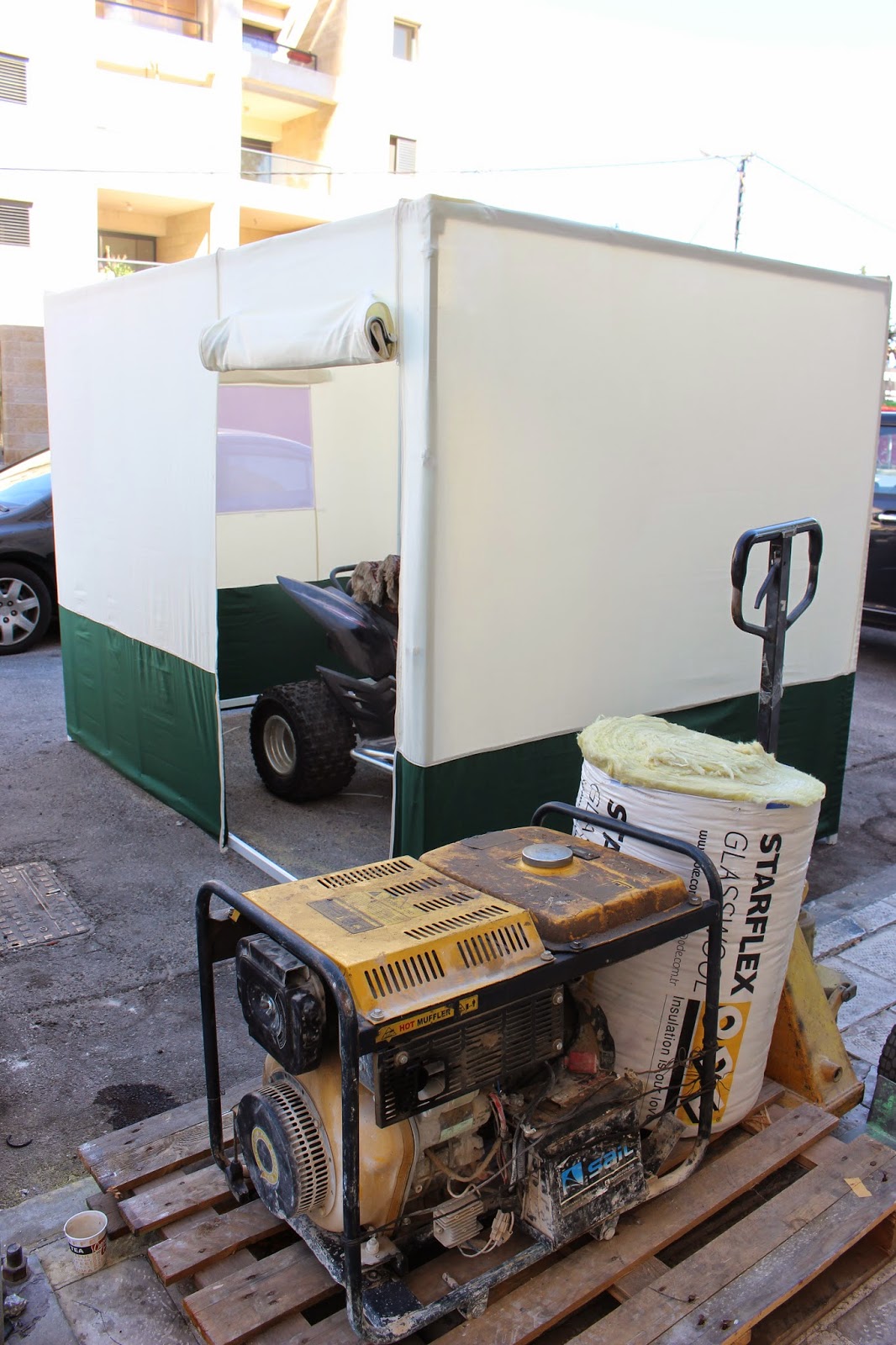I've heard it said that travel broadens your
horizons. I never really gave that
particular statement much thought, I guess because it seemed so obvious, new
horizons, new vistas, new all kinds of things.
But you really never think about things being different. Even if you know things will be, your expectation is likely that everyone basically
does everything they way they do it, whatever that is, at home. Well, if you've done any traveling, even
within your home country, you know that’s not always true. So why do we continue to expect what we expect!?
 I was walking through a market in Tel Aviv recently
shaking my head once again at the differences I find here. This time it is in the way food is sold,
especially in the open markets. We have
some markets like these, but they are the exception, usually have a connection
to organic something or other, and sell food items that we would wash anyway
when we get them home.
I was walking through a market in Tel Aviv recently
shaking my head once again at the differences I find here. This time it is in the way food is sold,
especially in the open markets. We have
some markets like these, but they are the exception, usually have a connection
to organic something or other, and sell food items that we would wash anyway
when we get them home. In nearly every neighborhood there are street markets that sell, in addition to just about anything you might need, all manner of food, open and exposed to all the elements; everything in the air is on the product. Everywhere I go I pass racks of breads and pastries displayed at front doors or on the sidewalk, sometimes within reach of the street, waiting for someone to take them home. I know a few people who would be Very uncomfortable with this.
 Even in the grocery store, fresh bread products are in
open bins. Now this could be ok from an,
“I’m from the United States and we have local Health Departments and copious
local, state and federal regulations about the selling of food, kind of way, if
there were like, grabber tong thingies to pick up the bread” but no, not so
much. I haven’t seen tongs. Not yet.
Even in the grocery store, fresh bread products are in
open bins. Now this could be ok from an,
“I’m from the United States and we have local Health Departments and copious
local, state and federal regulations about the selling of food, kind of way, if
there were like, grabber tong thingies to pick up the bread” but no, not so
much. I haven’t seen tongs. Not yet.
But does this worry me? Not so much actually. I like to buy a small loaf/roll every week
from my local co-op. The size works for
me, I don’t need a whole loaf and since there are no preservatives, well, I
prefer to avoid the spectacular mold that forms after a couple of days.
Recently I was in the grocery store just before
closing for the Sabbath and as I walked around the end of the aisle to get my
bread, I watched another shopper pick up and examine the poppy seed rolls. All four of them. Put them in the bag, change his mind and toss
one back into the bin. Now, I like poppy seed
rolls, but I decided what I really wanted was the Sesame this week. Granted, it is likely that ALL the rolls
had been ‘inspected’ but I didn't see it, so I felt my roll had plausible deniability
in the touched by others department.
Don’t judge me
 Back on the street, just about anything that can be
sold, may be sold, and without the precise inspections and protections our
faithful health department inspectors require.
Fruit, and meat, olives of every kind, bread and other baked delicacies,
cheese and meat, all out there without even a sneeze guard.
Back on the street, just about anything that can be
sold, may be sold, and without the precise inspections and protections our
faithful health department inspectors require.
Fruit, and meat, olives of every kind, bread and other baked delicacies,
cheese and meat, all out there without even a sneeze guard. 

So, it’s not what I’m used to, but I've always believed we need to encourage our bodies to build resistance and antibodies so that we will not be victims of every Tom, Dick, and virus that comes along, and certainly this experience is evidence of that. There are lots of happy, healthy people shopping all around me.


And don't get me wrong, I appreciate the work our Health Departments do back home, there are all kinds of other issues that they address in food storage and cleaning, those things that go on behind the scenes. At least here you could argue, everything is out in the open!
 |
| Hey!! Grabbers! |

































